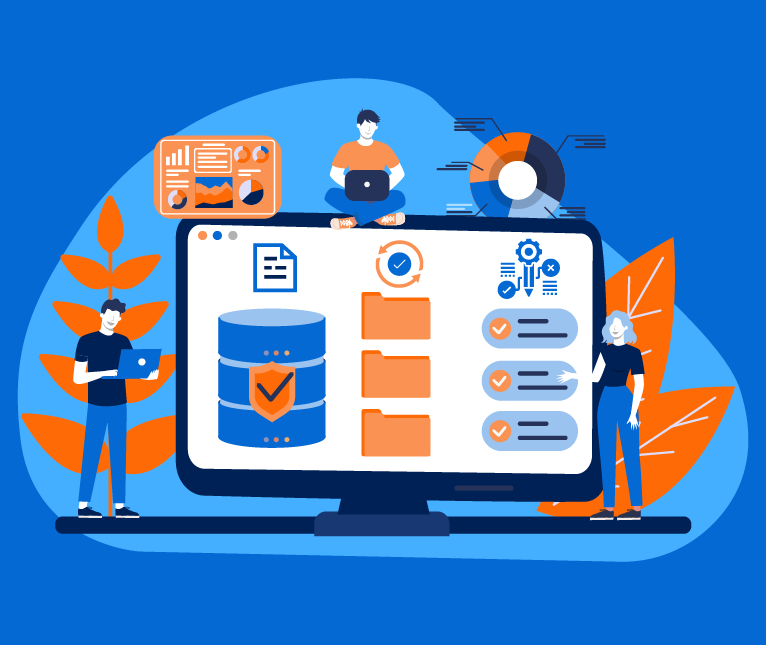ERP (Enterprise Resource Planning) software is a type of business management software that integrates various functions such as accounting, procurement, project management, risk management, and compliance into a single system. It aims to streamline and automate business processes, provide real-time data and insights, and support decision-making. However, for developers marketing ERP software is hard because of many reasons.
An ERP (Enterprise Resource Planning) software salesperson can face several challenges, including:
- Competition: ERP is a highly competitive market, with many well-established vendors and new entrants. Salespersons need to differentiate their products and services in a crowded market.
- Complexity: ERP software is a complex solution that often involves many stakeholders, multiple departments, and integrations with existing systems. Salespersons need to understand and communicate the technical aspects of the software effectively.
- Decision-Making Process: The decision-making process for an ERP implementation is usually lengthy and involves multiple departments and stakeholders, leading to a long sales cycle.
- Cost: ERP software is often a large investment for an organization, and the salesperson needs to manage the customer’s concerns around cost and return on investment.
- Resistance to Change: Adopting a new ERP system can be disruptive to an organization, and salespersons may face resistance from employees who are comfortable with current processes and systems.
Generating ERP software leads is time-consuming and tedious but if you have resources partner with a reliable marketing service like SmithDigital to track and move the leads through the sales funnel.

Which industries need ERP solutions?
Enterprise Resource Planning (ERP) solutions are needed by a wide range of industries to manage their business operations effectively. Some of the industries that commonly use ERP solutions include:
- Manufacturing
- Healthcare
- Retail
- Construction
- Wholesale and Distribution
- Financial Services
- Government
- Education
- Non-Profit Organizations
- Hospitality
Any industry that needs to manage large amounts of data and automate business processes can benefit from an ERP solution.
Whom to approach in B2B to sell the ERP software?
In B2B sales of ERP solutions, the salesperson will typically approach various decision makers such as business owners, C-level executives (such as CEO, CFO, and CIO), heads of departments (e.g. HR, Operations, and Finance), and procurement managers.
These individuals have the authority to make purchasing decisions and will be the main stakeholders in evaluating and implementing the ERP solution in the organization.
How must ERP solution sales person approach the B2B leads?
- Before approaching physically contact them using communication methods like cold calling, email, or social media. Combine these communication methods and enhance your chances of getting a response.
- When the ERP consultant approaches the B2B leads first understand their business needs and goals, and then position the ERP software as a solution that can help the leaders achieve their goals.
- The salesperson should be knowledgeable about the ERP solution and its capabilities, and be able to demonstrate how it can benefit the lead’s business.
- Building rapport and trust with the lead, addressing any concerns they may have, and tailoring the presentation to meet the lead’s specific needs can also help to increase the chances of success.
- Additionally, offering a free trial or demo of the ERP solution can give the lead a firsthand experience of how it can improve their business operations.
ERP consultants must-read tips, tricks, and strategies to practice because pitching efforts involve a lot of trial & error to identify what works but will bring in good results.




